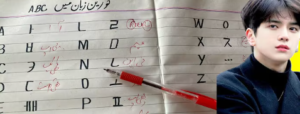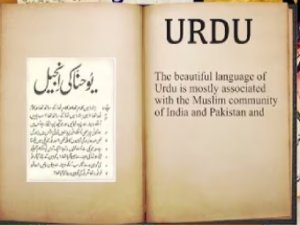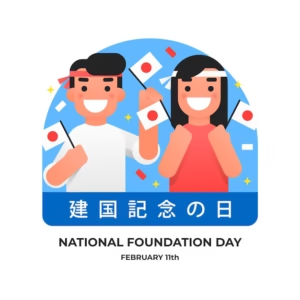how many Languages Are Spoken in Korea?
Korea, a land recognised for its rich culture, records, and linguistic historical past, is basically associated with the Korean language. but, the linguistic landscape of Korea extends past just Korean. this article will explore what number of languages are spoken in Korea, the function of dialects, and the have an effect on of overseas languages in both South and North Korea.
—
1. The Korean Language: The Dominant Tongue
The Korean language (Hangul in script) is the professional language of both South Korea and North Korea. it is spoken with the aid of over **77 million humans international and serves as the unifying linguistic identity of Koreans.
wellknown Korean in South Korea: primarily based at the dialect spoken in Seoul and Gyeonggi Province.
standard Korean in North Korea: Derived from the dialect of Pyongyang.
—
2. Dialects of Korean
Korean isn’t uniform during the peninsula. whilst it’s miles the number one language, it has numerous local dialects.
South Korean Dialects:
1. Seoul Dialect: the standard form in South Korea, spoken within the capital and surrounding areas.
2. Jeolla Dialect: Used in the southwestern provinces.
3. Gyeongsang Dialect: recognized for its sturdy intonation, spoken in southeastern areas like Busan.
4. Jeju Dialect: Spoken on Jeju Island, frequently considered so wonderful that it could be categorized as a separate language.
North Korean Dialects:
1. Hamgyong Dialect: determined within the northeastern location.
2. Pyongyang Dialect: the same old shape in North Korea.
3. Minority and overseas Languages
in addition to Korean, different languages are spoken by using minority businesses or foreign groups in Korea.
chinese: Spoken by using chinese language-Korean groups, mainly in South Korea.
English: extensively spoken as a 2d language, mainly in South Korea, where it’s miles a compulsory difficulty in colleges.
eastern: stimulated with the aid of Japan’s colonial history, some older Koreans still communicate
jap. Vietnamese and Tagalog: Spoken with the aid of migrant people and multicultural households.
—
4. North Korea’s Linguistic environment
North Korea is linguistically homogeneous, with fewer influences from overseas languages due to its isolationist policies. but, a few foreign languages like Russian and chinese are studied for political and alternate purposes.
—
5. Language education and foreign impact in South Korea
South Korea embraces worldwide languages, specifically English, because of its importance in enterprise, schooling, and tourism. other languages like chinese, japanese, and French are gaining reputation.
FAQs about Languages in Korea
1. Is Korean the simplest language spoken in Korea?
No, even as Korean is the primary language, overseas languages like English, chinese language, and japanese are spoken because of immigration, globalization, and education.
2. how many dialects of Korean are there?
There are six major Korean dialects, which include Seoul, Jeolla, Gyeongsang, and Jeju in South Korea and Hamgyong and Pyongyang in North Korea.
3. Is Jeju Dialect a separate language?
a few linguists argue that the Jeju dialect is awesome enough to be taken into consideration a separate language due to its vocabulary and pronunciation differences.
4. Why is English broadly spoken in South Korea?
English is a part of South Korea’s academic curriculum and is important for worldwide commercial enterprise, journey, and academic pastimes.
5. Are there minority languages in Korea?
yes, languages like chinese, Vietnamese, and Tagalog are spoken by minority groups and migrant employees.
—
Conclusion
Korea can be unified by using the Korean language, but its linguistic diversity includes local dialects and foreign languages stimulated by using globalization and history. South Korea’s openness to global languages contrasts with North Korea’s linguistic homogeneity, showcasing the complicated linguistic material of the Korean peninsula.
expertise Korea’s linguistic diversity allows to understand its cultural identity and global connections. From the rhythmic tones of the Gyeongsang dialect to the distinct Jeju vernacular, language in Korea is as colourful as its history and tradition.





Average Rating